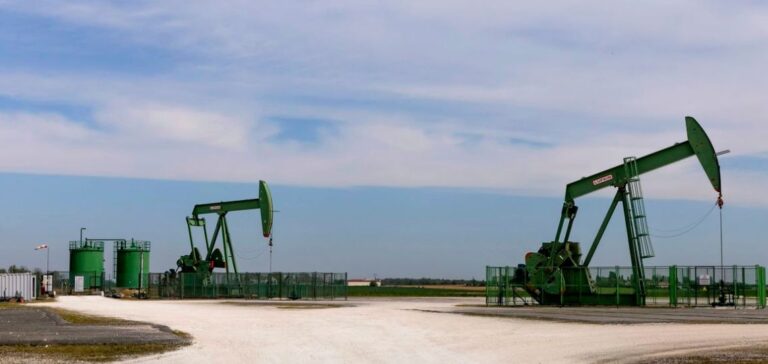The administrative court in Melun has rejected Eau de Paris’s application for interim injunction. This appeal concerns the extension of an oil well in Seine-et-Marne. This rejection is based on the lack of urgency. Bridge Energies, operator of the Nonville oil concession since 2009, obtained an extension of its concession from 10 to 53 km², authorized by a prefectoral decree in January.
Extension context
Bridge Energies has obtained authorization to extend its concession following a government decision at the end of 2023. The Seine-et-Marne prefect’s decree authorized the extension work, which was contested by Paris City Council through its operator, Eau de Paris. The mayor’s office is concerned about the risk of polluting the nearby Villeron and Villemer drinking water catchments that supply the capital.
The court’s arguments
The court pointed out that drilling work could not begin before May 2025, due to the current unavailability of some of the necessary equipment. In view of this timeframe, the court ruled that Eau de Paris’s request for suspension was not justified by a situation of urgency, a necessary condition for ruling in summary proceedings.
Position of eau de Paris
Eau de Paris, via its president Dan Lert, reacted by emphasizing that the organization would remain vigilant and could lodge a new suspensive injunction if work began. The operator’s objective remains the definitive abandonment of drilling projects, perceived as a threat to water sources in Seine-et-Marne and Paris.
Business prospects
The case will now be investigated further, with a decision on the merits expected in several months’ time. The administrative court has not yet ruled on the legality of the contested order. In the meantime, Eau de Paris remains vigilant, with the possibility of further legal action depending on future developments.
Impact on water resources
Eau de Paris’ main concern is the possible pollution of the drinking water catchments essential to the capital’s supply. Bridge Energies’ wells, located close to water catchments, could potentially contaminate these sources in the event of failure or poor management of the boreholes.
The decision by the administrative court in Melun represents a milestone in the legal battle over the extension of oil drilling in Seine-et-Marne. Eau de Paris’ vigilance and the forthcoming investigation will determine the final outcome of this conflict of interest between energy development and the protection of water resources.





















